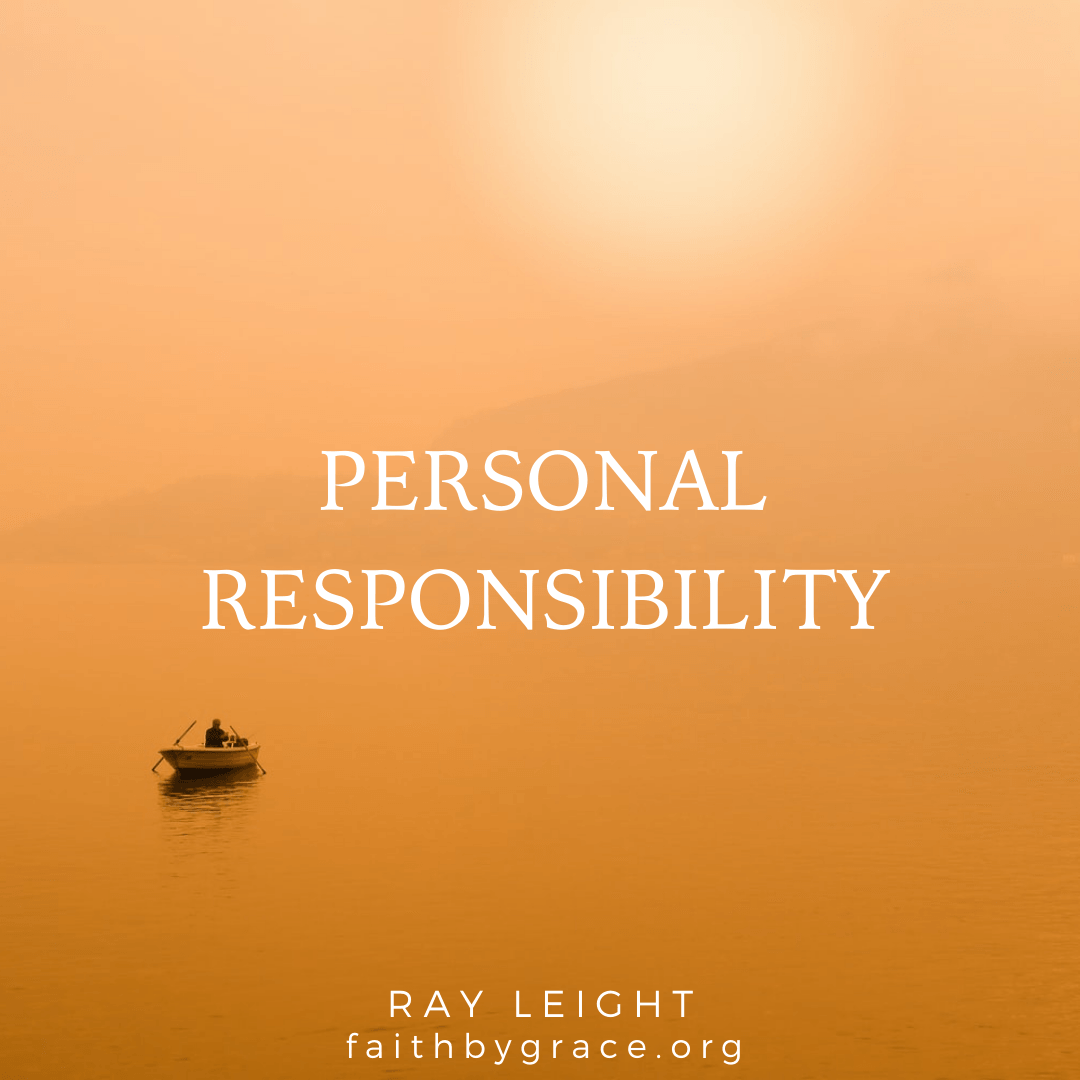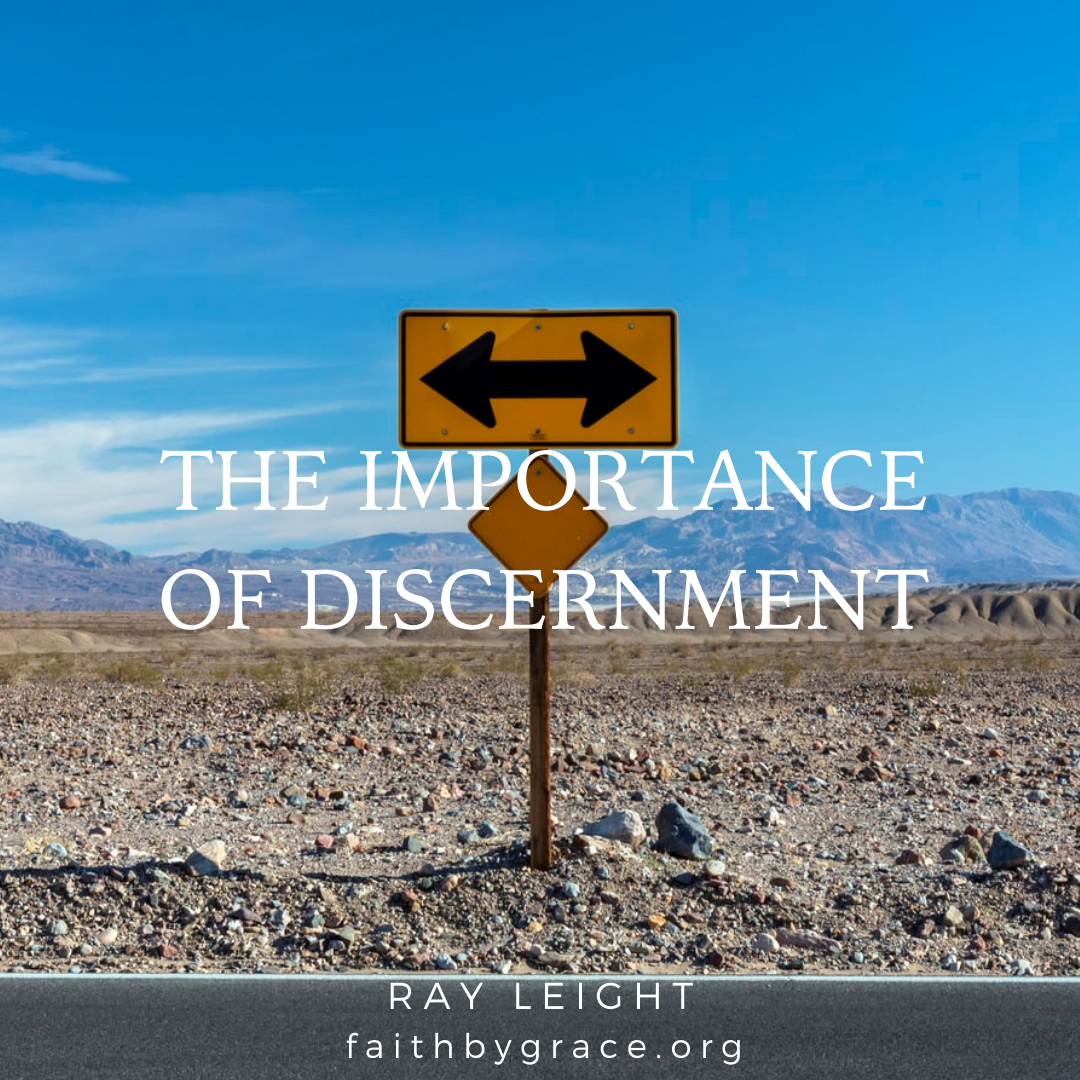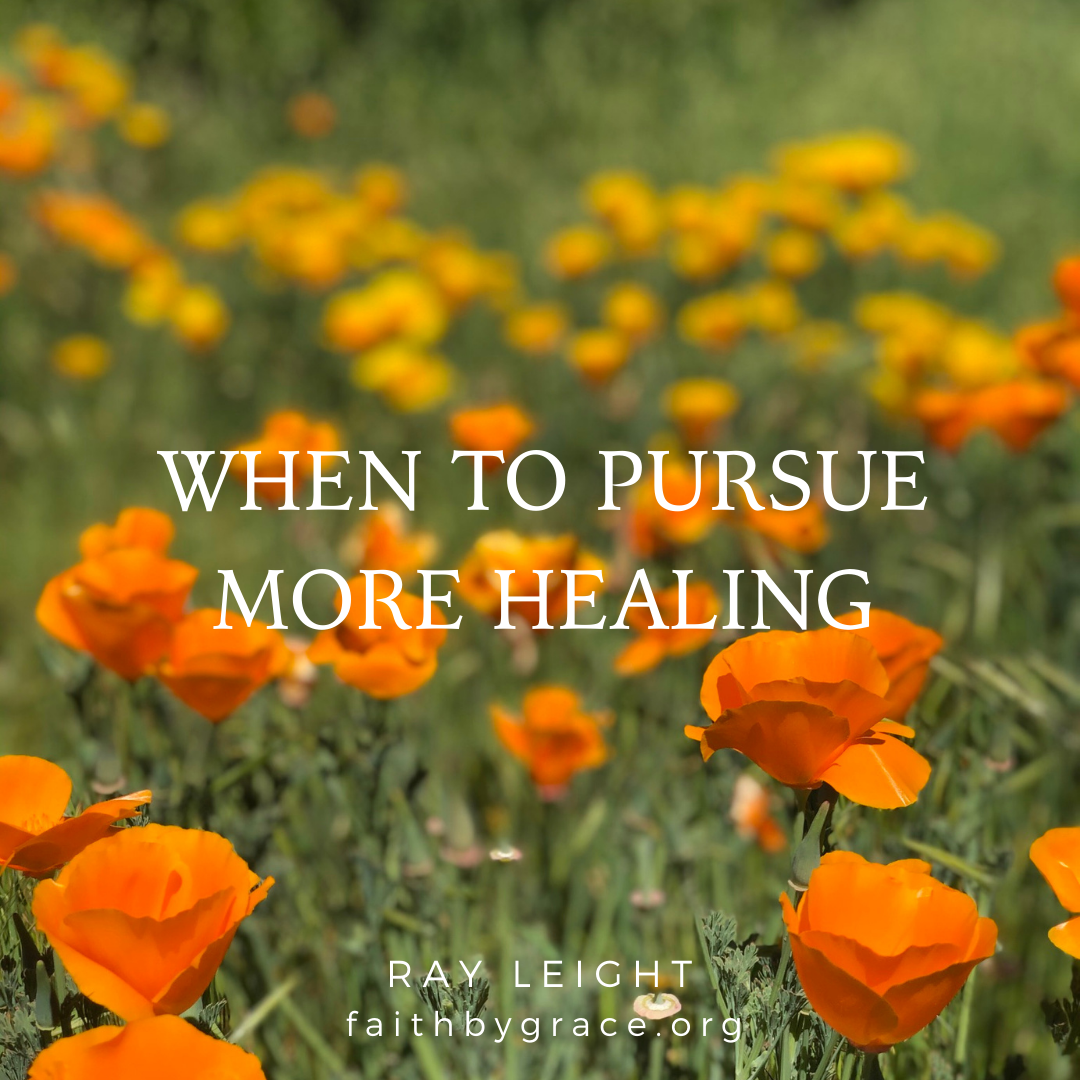The Pit of Self-Pity
One of the greatest hindrances to processing our grief and establishing a new normal of freedom, peace, and joy is self-pity. This mental focus will sabotage our natural healing process and keep us stuck in an exaggerated experience of the grief. In this blog we are going to explore this phenomenon and what to do about it.
All of us will experience a sense of self-pity at some point during our grieving process. Self-pity is what inspired the Grieving the Loss of a Good God blog. I believe this is a more common experience than we may want to admit.
Just like the depression, hopelessness, sadness, or any of the emotional experiences that can get triggered while grieving, self-pity is something that may come and go during the process. This only becomes a problem when we get triggered into self-pity and we stay there. This will keep us engaged in all the painful emotions and hinder us from reconnecting to and experiencing the good aspects of who or what we lost.
There may be more than two, but over the years of coaching I have seen two common ways that we get off track from our natural grieving process and get stuck in self-pity. The first one happens when we get hyper-focused on how the loss affects us personally. It is natural for this type of thinking to come and go during the grieving process. As I said, the problem is when we get singularly focused on this and get stuck on that path. This will transition the grieving process from being a time of healing into an establishment of victimhood. Once the victim status is established in our mind, we will begin to hold on to the pain and build upon it. It will keep us from being able to process the pain in a healthy way. Instead of being able to be present in our grief, think our thoughts, feel our feelings, and allow God to meet us in those, we will begin to protect that aspect of our heart and not let healing in.
The second way I have seen my clients get off track from their natural grieving process is by establishing their identity in the loss itself. This is commonly aided by the culture around us. People are usually uncomfortable around someone who has experienced a traumatic loss, and they will treat that person differently. I mentioned this habit in my previous blog, Ability to be Happy Again . As people around us start identifying us with our loss, it can encourage us to begin to do the same. People’s awkwardness, along with the confusion that comes from loss, can distort our understanding of our true identity. We can begin to think and refer to ourselves in a way that identifies us in the loss, or in the effects of the trauma.
If the loss becomes your identity, then unresolved pain, grief, and hurt will be a natural expression of that identity. Instead of processing the pain and moving toward freedom, peace, and joy, the pain, grief, and hurt will become accepted as your new normal Your loss is not your identity. Yes, you experienced a traumatic loss, and it will affect the rest of your life. You went through the loss; you did not become the loss. You are an overcomer filled with freedom, peace, and joy in the Holy Spirit. If you make it your identity, it won’t be possible to be free from it. You will continually be stuck in a loop of the grief, pain, and hurt until you no longer identify with it.
Not identifying with the loss does not mean you have to forget or separate yourself from who or what you lost. You never need to forget, and you probably never will. If you identify yourself in who you truly are, as a child of God, you can experience the strength of the Lord and persevere through the trials of loss. If you cannot understand how to not identify yourself in the loss, while not separating from who or what you lost, I recommend you get professional help. A counselor or a grief group would be able to help you.
Let me remind you, you don’t need to be healed of the grieving process. Grieving is the healing process. I believe grieving is a natural process that will occur in us unless there is an unnatural disruption to the process. The unnatural disruptions are lies that we believe either before, during, or after the loss. For example, if you believed being a victim is your identity, that would be a lie. Regardless of what trauma happened in your life, your identity will not change. You always were, and always will be, an overcomer and a child of God.
I have personally coached many people in successfully processing their grief and moving forward. When helping someone with a trauma or a loss that they seem to be stuck in, I help with two specific things. First, I help them identify any lies they were believing, before the loss, that kept them from being able to process the loss. Then, I help them identify any lies that were established in or because of the loss that may be keeping them stuck in a loop of self-pity.
Once they were able to identify and repent from any lies, they were naturally able to process the grief. Now, let me be clear. This did not magically make all the grief go away. This allowed them to now begin the grieving process instead of just being stuck in the pain and hurt. Although this is very freeing, it is not always a fun time for the person. It can be very emotional for someone who must begin the grieving process after they realize they have been stuck in a loop of self-pity. This can be especially difficult if they have been stuck in this loop for a long time, while thinking they were grieving.
The sooner you allow yourself to grieve your loss, the better. Remember, you can do this. As a child of God, you have what it takes to persevere through your loss.
Blessings and peace,
Ray
Sign Up for Finding a New Normal Resources












